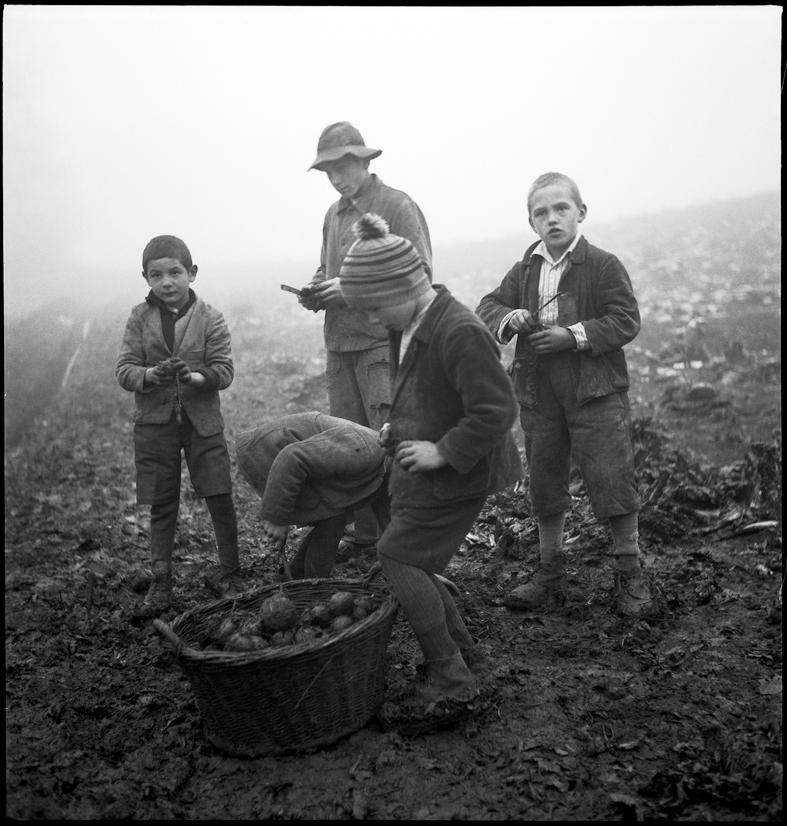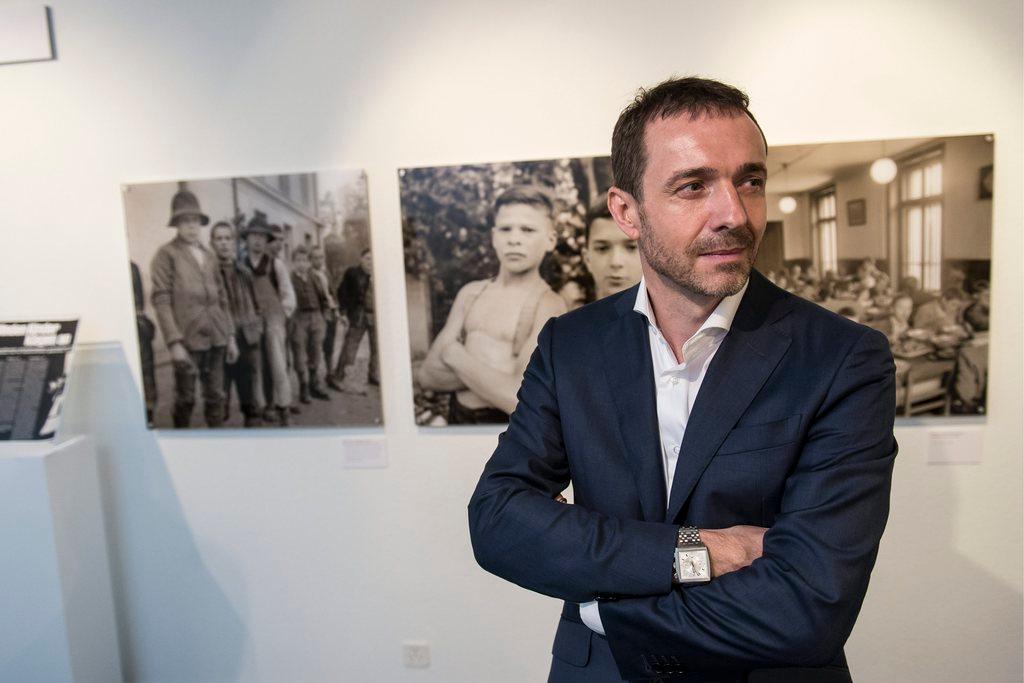Appenzell compensates victims of children’s home abuse

The government of Appenzell Inner Rhodes has formally apologised to and compensated former residents of the Steig children’s home, who were reportedly mistreated and abused between 1945 and 1984.
On Monday, the cantonal government released a report detailing the history of the institution, which was run by nuns at the time, and providing first-hand testimonies of abuses perpetrated there.
“The report has left us speechless,” said Appenzell Senator Daniel Fässler in a statement before the press.
According to report authors Mirjam Janett and Urs Hafner, during the time period in question, the Steig children’s home in north-eastern Switzerland functioned both as an orphanage and as a home for the children of single or separated parents. Some children were placed there against their parents’ will. The historians said that in the absence of written sources of information, the report was completed based on consultations with witnesses and former residents who are still living, noting that some testimonies were contradictory.
The institution was severely understaffed, they wrote, with four to six nuns looking after some 70 children at once. Witnesses reported experiencing corporal punishment, as well as feelings of loneliness and fear.
“We were punished with great blows,” a former resident told the press on Monday. Another recalled that, “hunger was a punishment, an absolute punishment”. The sisters also allegedly held children’s heads under water if they wet the bed.
The report places some of the blame on the cantonal government of the time, which “foremost failed morally”.
In recognition of the injustice and suffering documented in the report, the canton formally expressed its regret, and announced the donation of CHF200,000 ($208,000) to a federal fundExternal link aimed at compensating victims of such forcible placements and abuse. The government of Appenzell Inner Rhodes also plans to install a monument to the victims.
Troubled past
Unfortunately, cases like these are not unique in Switzerland. Despite its reputation as a wealthy nation, as recently as the second half of the 20th century, children from poor Swiss families were often ‘displaced’, or sent to live in institutions or with farm families by local authorities as part of a widely accepted practice, which often resulted in mistreatment and abuse.
Last September, Parliament adopted a legal framework for the creation of a CHF300 million fund to aid victims of these forced placements, who have until the end of March 2018 to file a claim. The Appenzell study is part of a national research programme on abusive placements in Switzerland, which is also provided for under this legal framework.

In compliance with the JTI standards
More: SWI swissinfo.ch certified by the Journalism Trust Initiative













You can find an overview of ongoing debates with our journalists here . Please join us!
If you want to start a conversation about a topic raised in this article or want to report factual errors, email us at english@swissinfo.ch.